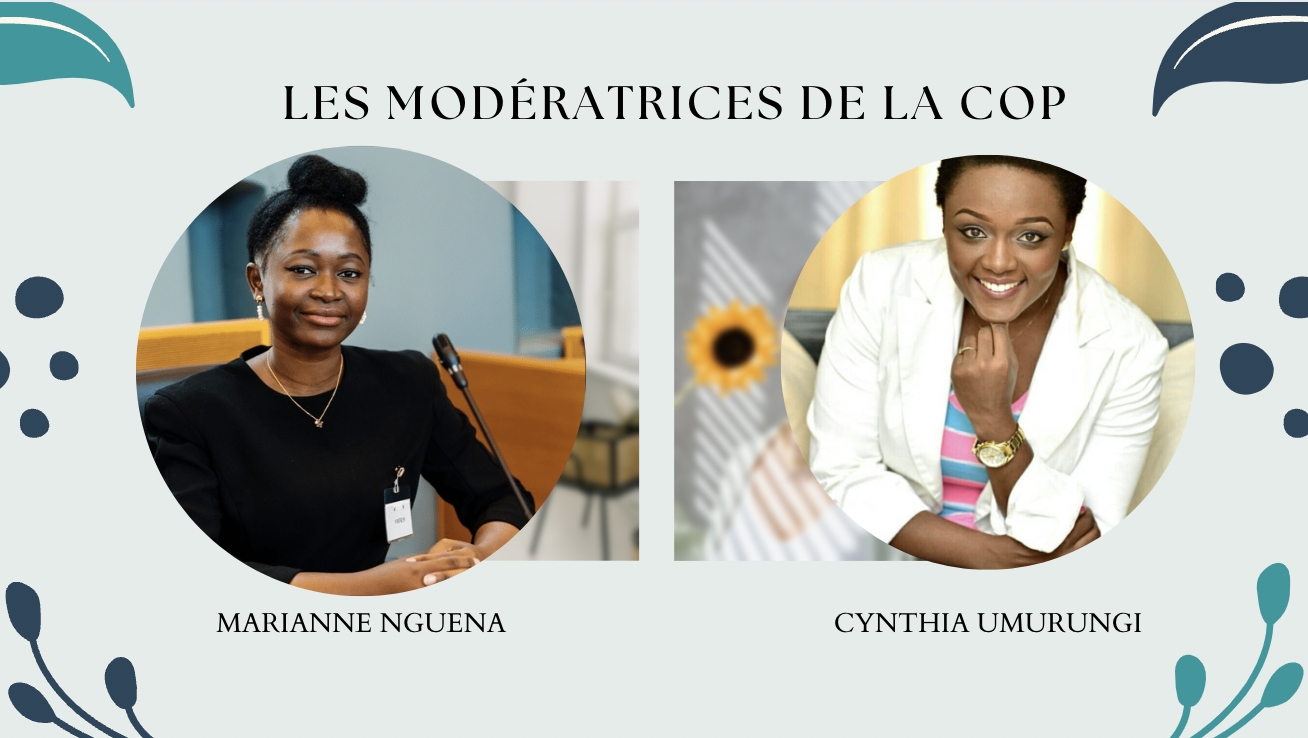
By Cynthia Umurungi, the COP moderator and Marianne Nguena, the COP Coordinator.
“I want every girl to know that her voice can change the world”. Malala.
A woman’s voice is such a strong weapon. No wonder her voice gets silenced more often. But, how do women find a collective voice to advocate or fight for better conditions? How do they all rise up to say enough is enough. We want to be free, like the other half of the world’s population. We want our children to live their lives as they please and explore their full potential.
The AHCAMA forum that happened on October 28th and 29th 2022, in Barcelona, Spain was a contribution to the collective voice and we would like to share the few thoughts that came out of the forum with the members of the community of practice.
In order to contribute to this effort, the COP FGM team attended the Humanitarian Association against the Ablation of African Women (AHCAMA) and the Guné Foundation, which organised an international conference: the BARCELONA 2022 FORUM entitled “THE VOICE OF AFRICAN WOMEN AGAINST GENDER-BASED VIOLENCE”.
The objective of this international conference of actors in the field was to:
– To hear the voices of women working on the ground in the field of prevention and fight against gender-based violence in order to create an alliance of feminist and human rights movements between Africa and Europe for technical cooperation.
– and to find innovative solutions to gender-based violence.
For Africa and the world in general to achieve the goal of having a truly gender transformed society, we need more spaces to talk about the violence that women face on a daily basis. There can never be enough spaces created by women to express displeasure of the conditions that negatively affect the lives and girls and to demand the respect of women’s and girls’ freedom, bodily autonomy, and the ability to make personal choices of their lives.
The COP FGM team found the AHCAMA forum very relevant as most of the subjects that were discussed had been previously revisited by the members.
Female genital mutilation (FGM) that continues to threaten the health and well-being of millions of girls worldwide, deepening inequalities between girls and boys and discriminatory norms that affect girls (UNICEF, 2016). As a reminder, more than 200 million girls and women alive today have undergone FGM in 31 countries, with an additional 68 million women and girls at risk by 2030 (UNICEF global databases, 2022). FGM can be looked at as a standalone issue or part of the bigger pool of problems that directly showcase how a woman/girl’s body is constantly violated and reinforce the narrative that her body is in reality not her own. Numbers show that 35% of women and girls will experience physical violence in their lifetime. More than 700 million girls are married off before the age of 18. The victims have serious physical and psychological consequences, in the short and long term, hindering their full and equal participation in life in society.
These numbers do not look good and tell a story of pain. A lot has been done to rectify these facts, but a lot more needs to be done to change the treatment and the lives of women and girls in our communities. Spaces such as the Forum of Barcelona by AHCAMA contribute hugely to this ideal. Offering girls and women time and space to express themselves and demand to be protected by their governments and international bodies is unmatched. More spaces of this kind would go a long way to show to women that it is their right to hold their countries accountable to their well-being. These spaces are a means to communicate to the authorities the thoughts of the people, and to receive recommendations.
Among the subjects covered during the Forum, four of them were particularly interesting to the community of practice as they had previously been discussed or were directly speaking to the COP work themes.
- The law as a preventive mechanism. Previously, the COP had a discussion on the law and FGM. The members took time to review challenges in terms of legislation and to understand the progress that has been made as far as establishing the national laws was concerned.
- Working with communities as a preventive measure. Part of the discussion on law and FGM, it was mentioned over and over again that having the law in place was not enough and was not effective until the community has been sensitized and is on board. Only then can the law be effective, because the community collectively rejects harmful practices and those who go against the law are not tolerated or wouldn’t go unpunished.
- Social norms, culture practices, religion and FGM. An aspect of the social norms comes back each time the group is discussing about the causes of FGM and why it is difficult to eradicate. This was heard more during the discussion on Gender Transformative approaches. A separate discussion on religion and FGM was also held at the COP.
- Alternative and innovative financing to achieve objective 5. This is the topic that is currently being discussed at the COP. In a difficult global financial context, where traditional forms of development aid and institutional subsidies are in high demand, innovative financing approaches appear to be a complementary solution for generating sustainable sources of financing to achieve sustainable development objectives. At the end of the discussion, a conversation with the COP members at large took place and the recommendations on this subject, including those from AHCAMA will be shared with the Donor Working and the community at large.
Are you aware of any other initiatives that create a space for women and girls at the level various communities to get together, speak with one voice against FGM and advocate for their rights? We will be happy to learn more about them, join them and add work to amply their voices.
